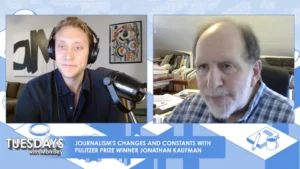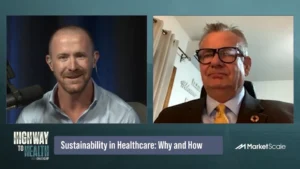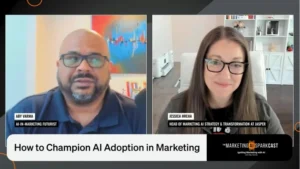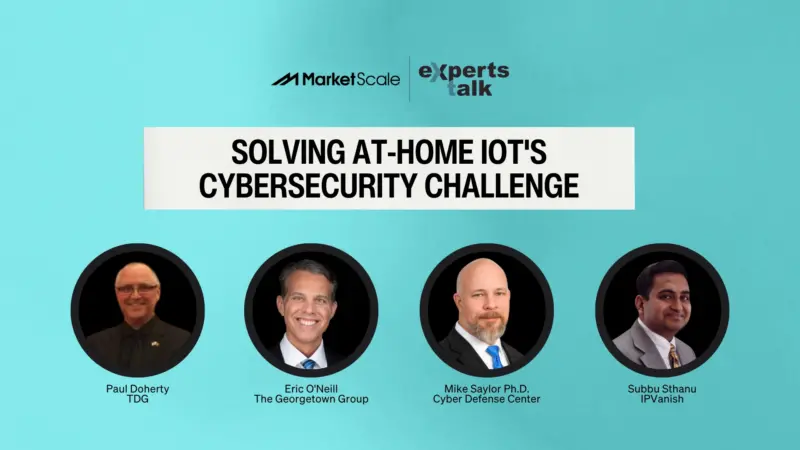“Lighthouse Factories” Shine an Exciting Light on Industry 4.0 and China
A driving force behind Industry 4.0 efficiency, and in essence the sustainable and operational evolution overtaking industrial manufacturing, are so-called “lighthouse factories”. The World Economic Forum recently identified 18 more Industry 4.0 lighthouse factories, bringing the total to 132 manufacturing sites across various industries and regions. In these advanced manufacturing hubs, mindset and strategy are the primary focus; China provides the location for eight of the 18 new lighthouse factories, with another five located in Southern and Southeast Asia. The lone entrant for the U.S. is an LG Electronics factory in Clarksville, TN, marking the first home appliance plant in the U.S. to join the WEF’s global network.
Why is receiving the WEF’s lighthouse factory designation such a big deal? These factories are acting as leaders on the global stage in terms of leveraging connected technologies and cutting-edge IoT to improve layers of resiliency across manufacturing’s value chain. At the same time, these factories are proving that efficiency and sustainability don’t have to be mutually-exclusive goals in the Industry 4.0 era. As McKinsey & Company’s Enno De Boer explained during last year’s lighthouse factory announcement, “sustainability and resilience have often come at the cost of efficiency, but that is no longer true. Companies now have a digital playbook and tech tools… to make their operations more flexible… and sustainable… They can amplify human capability, achieve sustainability breakthroughs, and accelerate technological innovation – the recipe for smart manufacturing.”
Currently, China is leading the way, with the rest of Asia and Europe following the path. The U.S. still needs to play catch up to stay competitive in future-focused manufacturing process improvements. Regardless, Paul Doherty, President and CEO of The Digit Group, Inc., sees many positives in this latest crop of lighthouse factories, no matter who is leading the charge.
Paul’s Thoughts
“So, here’s the thing: the World Economic Form has this program called the “lighthouse factories.” They’ve just invited 18 new factories into the program. And what I like about it is that they are exchanging information between success factors of different ways of improving to an industry 4.0 standard, things like IoT, machine learning, AI, etc.
A couple of points also showed that eight of the 18 factories would be in mainland China. I usually don’t care about geopolitics, especially regarding improving the human condition, as this program does. But when I start to see that groups like Foxconn, Haier and other types of state-known enterprises, type of companies is involved, I feel okay with that.
This isn’t like money’s being given to the government, and they’re going to spend it or not provide the right information during a lighthouse program. So, I actually feel pretty good about that. I also like that they are starting to reconsider the mindset of many of these different lighthouse factories.
And instead of looking at the scarcity model, which is competition, they’re looking at the abundance mindset model, which is something that we do as a company, and I thoroughly endorse it. As we start to see how the World Economic Forum is doing some factual, real things instead of pontificating, I’m all for it.”
Article written by Daniel Litwin & James Kent.







